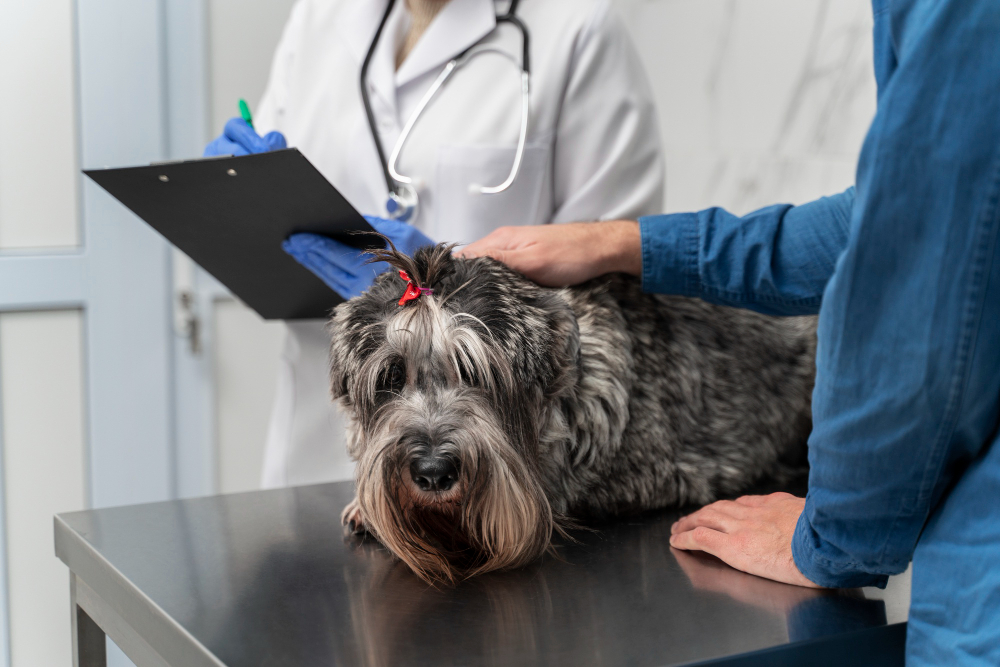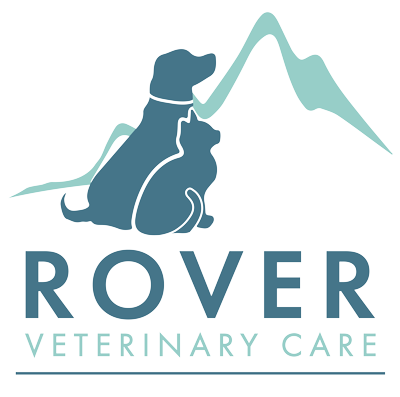Essential Questions to Ask Your Veterinarian About In-Home Euthanasia

Essential Questions to Ask Your Veterinarian About In-Home Euthanasia

Making the difficult decision to say goodbye to a beloved pet is one of the most challenging moments any pet owner faces. When that time comes, many families in Reno, NV are choosing in-home euthanasia as a compassionate way to help their furry companions pass peacefully in familiar surroundings.
However, not all veterinary practices offer this service, and the process can vary significantly between providers. Knowing what questions to ask your veterinarian beforehand ensures you're fully prepared and can focus on what matters most—spending quality time with your pet during their final moments.
This guide will walk you through the essential questions that will help you make an informed decision about in-home euthanasia services and ensure your pet receives the dignified, peaceful farewell they deserve.
Understanding the In-Home Euthanasia Process
What does the in-home euthanasia procedure involve?
Understanding exactly what will happen during the appointment helps reduce anxiety for both you and your pet. Ask your veterinarian to walk you through each step of the process, from arrival to aftercare. Most procedures involve a sedative to help your pet relax, followed by the euthanasia solution administered through an IV catheter. The entire process typically takes 30-60 minutes, allowing plenty of time for final goodbyes.
How long will the appointment take?
Time expectations vary between veterinary practices and depend on your specific needs. Some appointments may be brief if your pet is already very ill, while others might extend longer to accommodate family members who need time to say goodbye. Knowing the timeframe helps you plan accordingly and ensures all family members can be present if desired.
Will my pet experience any pain or discomfort?
This is often the most important concern for pet owners. A qualified veterinarian should explain that when performed correctly, euthanasia is painless and peaceful. The sedative administered beforehand ensures your pet is comfortable and relaxed. Your pet will simply fall into a deep sleep before the final injection is given.
Practical Considerations for Your Home Visit
Do you provide in-home euthanasia services in Reno, NV?
Not all veterinary practices offer house calls for euthanasia. If your regular veterinarian doesn't provide this service, ask for referrals to reputable providers in the Reno area who specialize in at-home pet euthanasia.
What preparations do I need to make at home?
Your veterinarian should provide clear guidance on preparing your space. This might include having a comfortable area for your pet, ensuring adequate lighting for the procedure, and having towels or blankets available. Some pets prefer to be in their favorite spot, whether that's their bed, a sunny patch in the yard, or cuddled on the couch.
Can family members and other pets be present?
Many families want all members present, including children and other household pets. Discuss who should be there and any age-appropriate considerations for young family members. Some pets find comfort in having their animal companions nearby, while others might become stressed.
What happens if my pet becomes anxious or difficult to handle?
Even in familiar surroundings, some pets may become stressed during the appointment. Ask about protocols for managing anxiety and whether additional sedation options are available to ensure your pet remains comfortable throughout the process.
Aftercare and Memorial Options
What aftercare options do you provide?
Understanding your options for your pet's remains is crucial for planning. Most providers offer cremation services, with options for private cremation if you want to receive your pet's ashes back. Some also coordinate burial services if you prefer that option.
How long before I receive my pet's ashes back?
If you choose private cremation, ask about the timeline for receiving your pet's ashes. This typically ranges from a few days to two weeks, depending on the crematory's schedule and location.
Do you offer memorial products or keepsakes?
Many pet owners find comfort in memorial items like paw print impressions, locks of fur, or personalized urns. Ask what memorial services are available and whether these need to be requested in advance.
Can you provide a certificate or documentation?
Some pet owners want official documentation of the euthanasia for their records or for pet insurance claims. Confirm whether certificates are provided and if there are any additional fees.
Scheduling and Logistics
How far in advance do I need to schedule?
Emergency situations sometimes arise, but when possible, advance planning allows you to choose a time that works best for your family. Ask about availability and whether emergency appointments are possible if your pet's condition deteriorates rapidly.
What are your service hours?
Some providers offer flexible scheduling, including evenings and weekends, while others maintain regular business hours. Understanding availability helps you plan for a time when your family can be together.
What if I need to reschedule or cancel?
Life is unpredictable, and sometimes appointments need to be changed. Ask about cancellation policies and whether there are fees for last-minute changes.
Do you accept pet insurance or offer payment plans?
In-home euthanasia services typically cost more than in-clinic procedures due to the convenience and personalized care provided. Clarify payment options, accepted insurance plans, and whether payment plans are available for families experiencing financial hardship.
Qualifications and Experience
Are you licensed to perform euthanasia in Nevada?
Ensure your veterinarian is properly licensed and authorized to perform euthanasia in Nevada. This protects both you and your pet and ensures the highest standard of care.
How much experience do you have with in-home euthanasia?
Experience matters when it comes to providing compassionate end-of-life care. Ask about the veterinarian's background with house calls and in-home euthanasia specifically.
What happens if complications arise?
While complications are rare, it's important to know that your veterinarian is prepared to handle any unexpected situations that might occur during the procedure.
Making the Right Choice for Your Family
Choosing in-home euthanasia allows your beloved pet to pass away peacefully in familiar surroundings, surrounded by the people who love them most. By asking these important questions, you can ensure that you're working with a qualified, compassionate provider who will honor your pet's memory and support your family during this difficult time.
Remember that this decision is deeply personal, and there's no right or wrong choice—only what feels right for you and your pet. Take time to discuss these questions with potential providers and choose someone who makes you feel comfortable and confident in their care.
If you're considering in-home euthanasia in Reno, NV, contact Rover Veterinary Care today for more information and learn more about their compassionate end-of-life services for your beloved companion.
